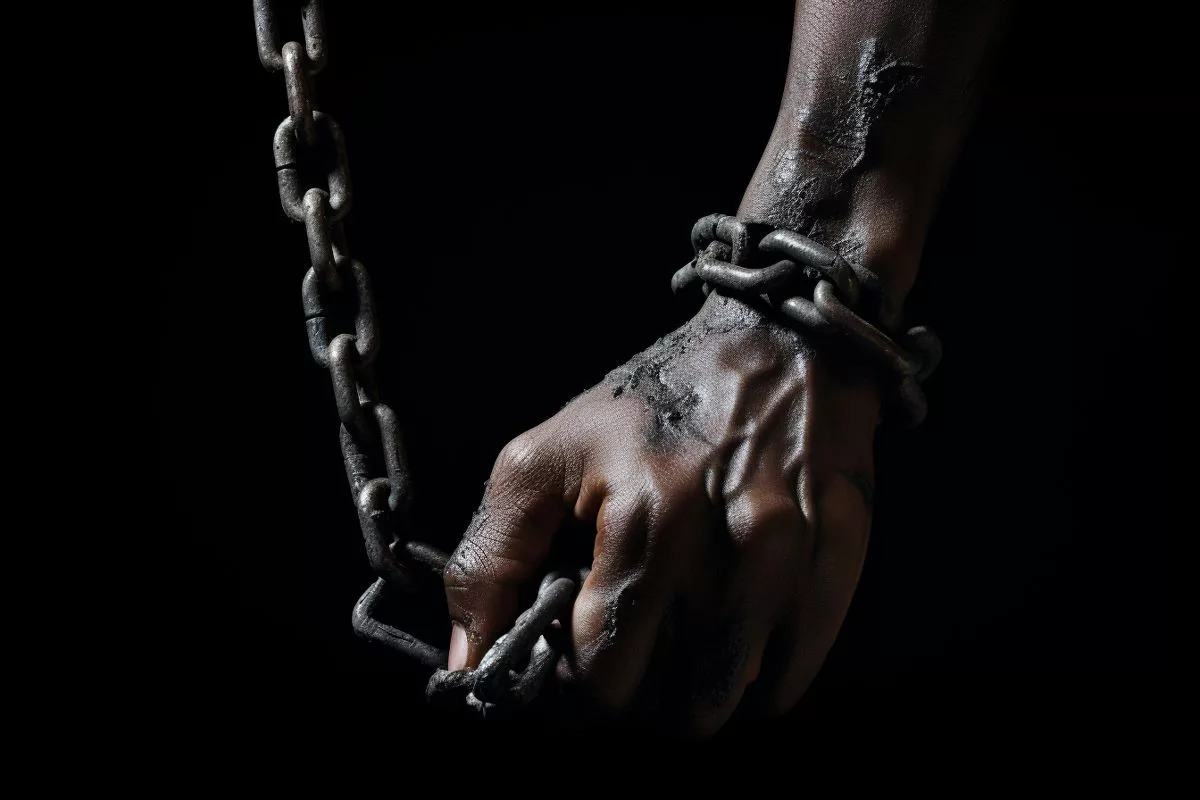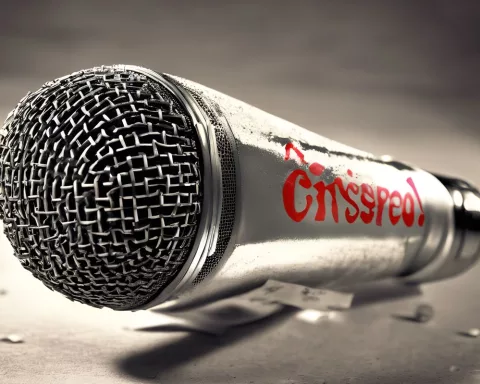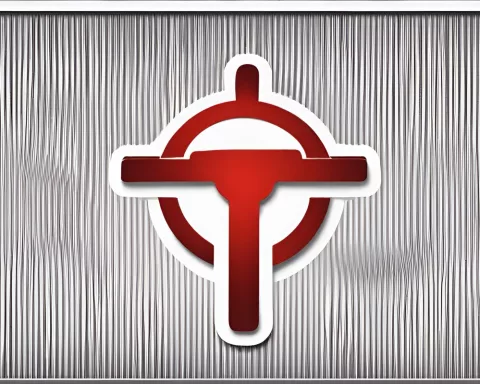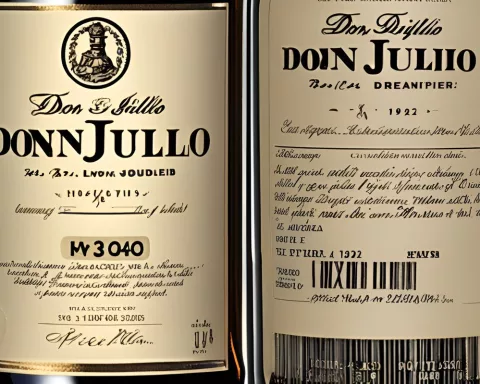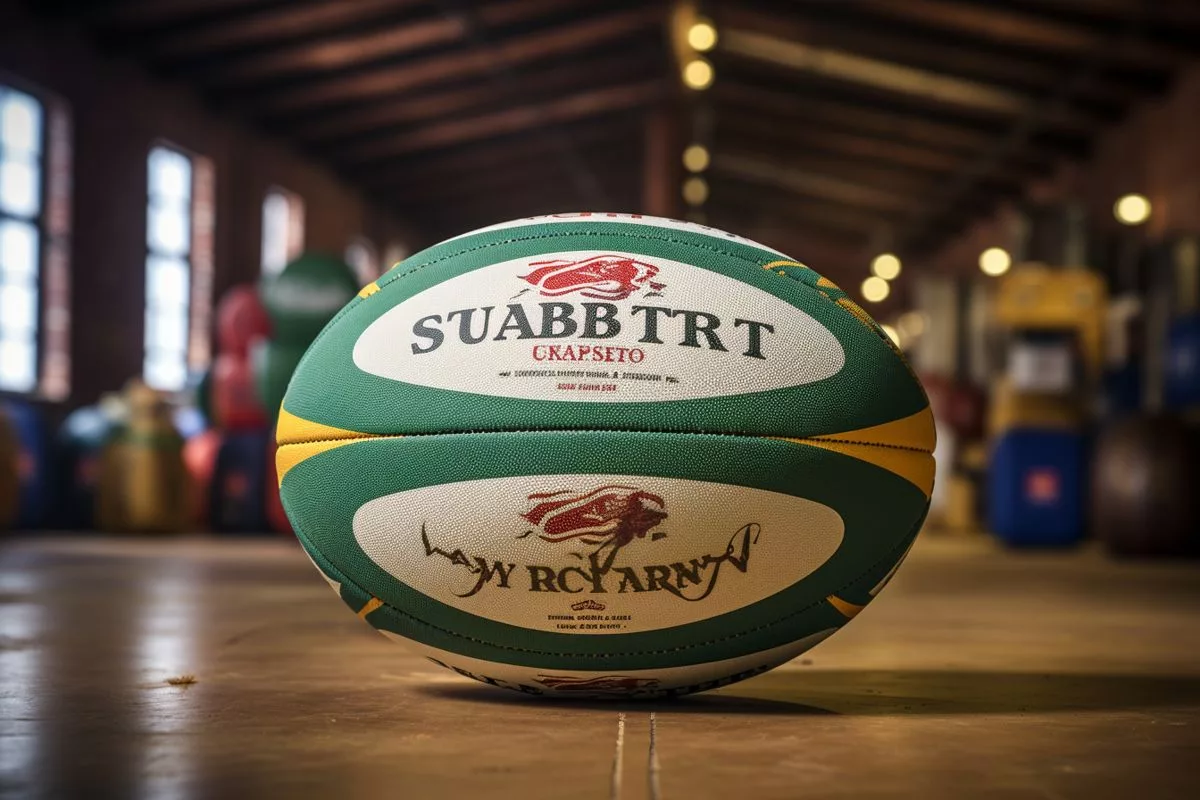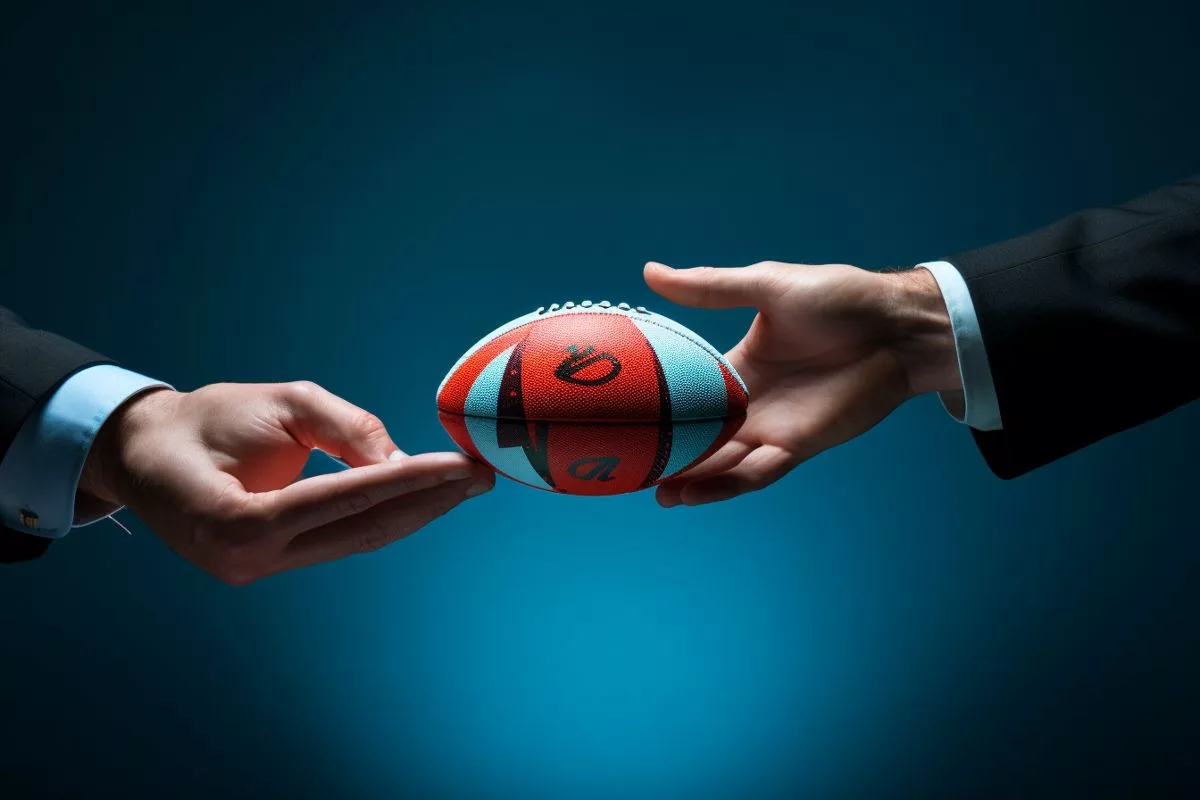A 15-year-old student in South Africa recently used a racial insult on a well-known YouTuber, causing uproar across the country. Public figures, including media personality Anele Mdoda and the radical Economic Freedom Fighters, have condemned the incident and demanded the student’s expulsion. However, there has also been backlash and critique surrounding the incident, highlighting the multi-faceted nature of the issue. The event has sparked discussions about racism, freedom of speech, and the role of public figures in tackling societal issues, emphasizing the ongoing racial tensions within South African society.
What is the racial controversy in South Africa?
An incident involving a 15-year-old student hurling a racial insult at a YouTuber has incited massive public outcry in South Africa. The incident has provoked an uproar across the country with public figures and the radical Economic Freedom Fighters stepping up to condemn the incident. However, the protest has also been met with some backlash, underlining the multifaceted nature of the issue at hand. Discussions about racism and the role of public figures in tackling societal issues have been sparked, highlighting the ongoing racial tensions ingrained within South African society.
The Incident that Stoked the Fire
In a world that seeks serenity and parity, it is profoundly disheartening to observe instances of racial discrimination and offensive slurs. Alarmingly, one such occurrence has recently triggered immense scrutiny in South Africa. An episode involving a 15-year-old Hoërskool Ben Vorster student hurling a disgraceful racial insult at the well-known YouTuber, Sonwabile, has created a wave of repugnance. This unpleasant event has incited massive public outcry, leading many to express their strong disapproval, including distinguished media personality Anele Mdoda, and the radical Economic Freedom Fighters (EFF).
This episode has provoked an uproar across the country. The racial insult was captured in a video which spread like wildfire on social media platforms. The young YouTuber appears bewildered by the appalling insult, indicating disbelief that such overt racism could exist in 2023. This feeling is a reflection of the shock and disappointment felt by numerous South Africans, who are astounded by the continued prevalence of such discriminatory attitudes in society.
Public Figures Step Up to Condemn the Incident
Anele Mdoda, a famous figure in South African media, articulated her disgust at the incident. Her response was not merely one of silent dismay, but of active anger. In the wake of the incident, she resorted to Twitter, rallying her followers to identify the students involved in the incident and shed light on their actions. Mdoda reinforced her position by retweeting posts related to the EFF’s protest at Hoërskool Ben Vorster, the educational institution attended by the young culprit.
The EFF demonstrated their strong stance against racism through a protest at the school, a powerful and symbolic move. Their demand for the expulsion of the guilty student highlighted their belief that this was the only realistic means to obliterate racism. They found support in numerous social media users who echoed the same sentiment. This unified response encapsulates the collective South African spirit in the fight against racism.
Critiques and Counter-Arguments
However, this unanimous protest has also been met with some backlash. Cape Town musician, The Kiffness, criticized Mdoda for engaging in a “witch hunt of a child”. He openly reprimanded the media personality, implying that she was being hypocritical in her censure of the young student’s racial insult while seemingly supporting a controversial political party known for its racially provocative comments. The Kiffness’s criticism provides an alternate view on the incident, underlining the multifaceted nature of the issue at hand.
Deep-Seated Racial Tensions and The Path Forward
The incident and the subsequent responses it provoked have brought to light the ongoing racial tensions ingrained within South African society. Discussions about racism, freedom of speech, and the role of public figures in tackling societal issues have been sparked. The event serves as a harsh reminder that the journey towards racial harmony is still ongoing, fraught with numerous challenges and contentious debates. Amidst such complexity, one thing is unequivocal: the need for a unified effort to abolish racism and cultivate a society where respect and understanding reign supreme.
What sparked the immense public outcry in South Africa?
The use of a racial insult by a 15-year-old student towards a well-known YouTuber triggered massive scrutiny and outrage across the country, leading to protests and demands for the student’s expulsion.
How did public figures respond to the incident?
Public figures such as media personality Anele Mdoda and the radical Economic Freedom Fighters condemned the incident and demanded action be taken against the student. Anele Mdoda even rallied her followers on Twitter to identify the student involved. The EFF organized a protest at the school, calling for the student’s expulsion.
Has there been any backlash or critique surrounding the incident?
Yes, some critics have argued against the “witch hunt” of the student, claiming that it is hypocritical to condemn the young student while supporting a controversial political party known for its racially provocative comments. These counter-arguments highlight the multi-faceted nature of the issue at hand.
What issues have been brought to light by the incident?
The incident has sparked discussions about racism, freedom of speech, and the role of public figures in tackling societal issues. It highlights the ongoing racial tensions ingrained within South African society.
What is the path forward to address the issue of racism in South Africa?
The incident emphasizes the need for a unified effort to abolish racism and cultivate a society where respect and understanding reign supreme. Discussions and actions towards this goal must continue, while acknowledging the complexity of the issue at hand.
What role do public figures play in addressing societal issues like racism?
Public figures have a powerful platform to bring attention to societal issues and the power to influence public opinion and action. The incident and subsequent responses highlight the importance of public figures using their influence for good, and the responsibility that comes with it.

